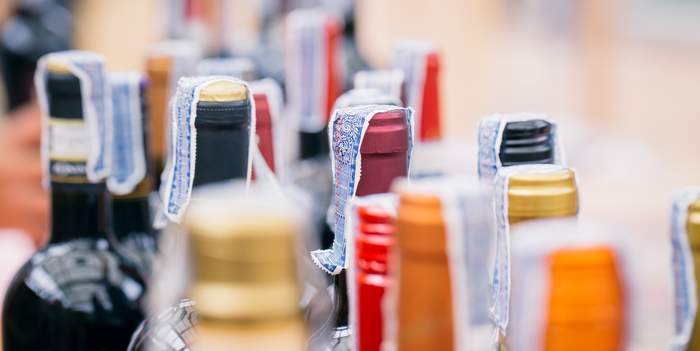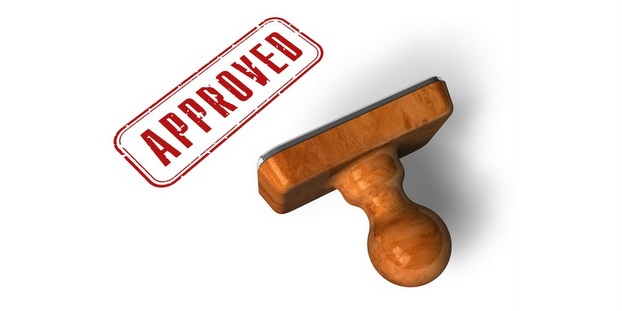
The Trump administration finalized a regulation this week to tax alcohol imported into the country. It’s not a new tax, but it is a tax that many wineries and large alcohol companies were able to get refunded based on how much of their own product they were exporting, what’s known in U.S. law as a drawback. The Wall Street Journal reports this change would yield more than $600 million in government revenue over the next decade and potentially halt billions more in refund claims.
The argument against this move, from groups like the National Association of Manufacturers, and from big-time spirits corporation Diageo, is that this tax benefit was key in driving U.S. exports, not to mention that the drawback tax refund is a long-standing U.S. trade law. So, why single out alcohol imports? Because the Treasury sees this drawback as a double-dip in alcohol because exported alcohol also avoids the excise tax. From the Wall Street Journal:
In Treasury’s view, that is a “double drawback” because the companies effectively get to avoid excise taxes on the exports anyway and then get refunds for taxes attributable to those same exports. Under this line of thinking, the result is that imported bottles effectively don’t have excise taxes on them but wine that is domestically produced and sold does.
The companies note that the U.S. Constitution forbids taxes on exports. Having their exports free of excise taxes isn’t really a drawback or refund of any taxes, because those taxes could never be imposed anyway, they say. Thus, according to the companies, the refund of their import taxes isn’t a second drawback and encourages exports because they can only get the taxes back if they export.
What do you think? Overall seems like a win for the U.S. craft beer industry.






Mike Mallozzi says
Brewers Association AcermexOficial